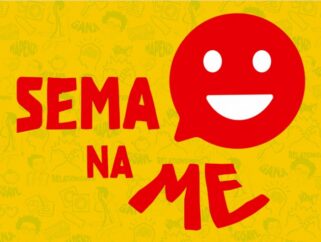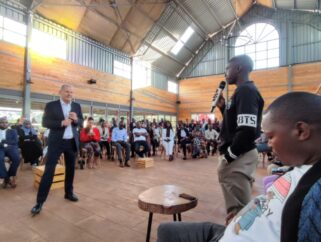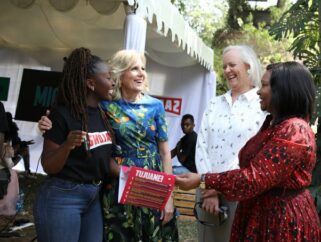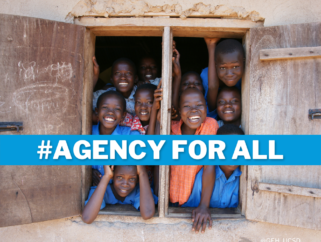10 insights from our first 10 years
- Governance
- Sex & Health
- Gender
- Tech & Innovation
- Agriculture & Environment
- Money & Entrepreneurship
- Skills & Education
- 28 Jan 2020
In every organisation, there are ‘lightbulb’ moments of insight that change the game, catapult you onto a new idea, or force you to course-correct. These are ours, selected by our team, the 10 insights that shaped our first 10 years – and no doubt the 10 after that.
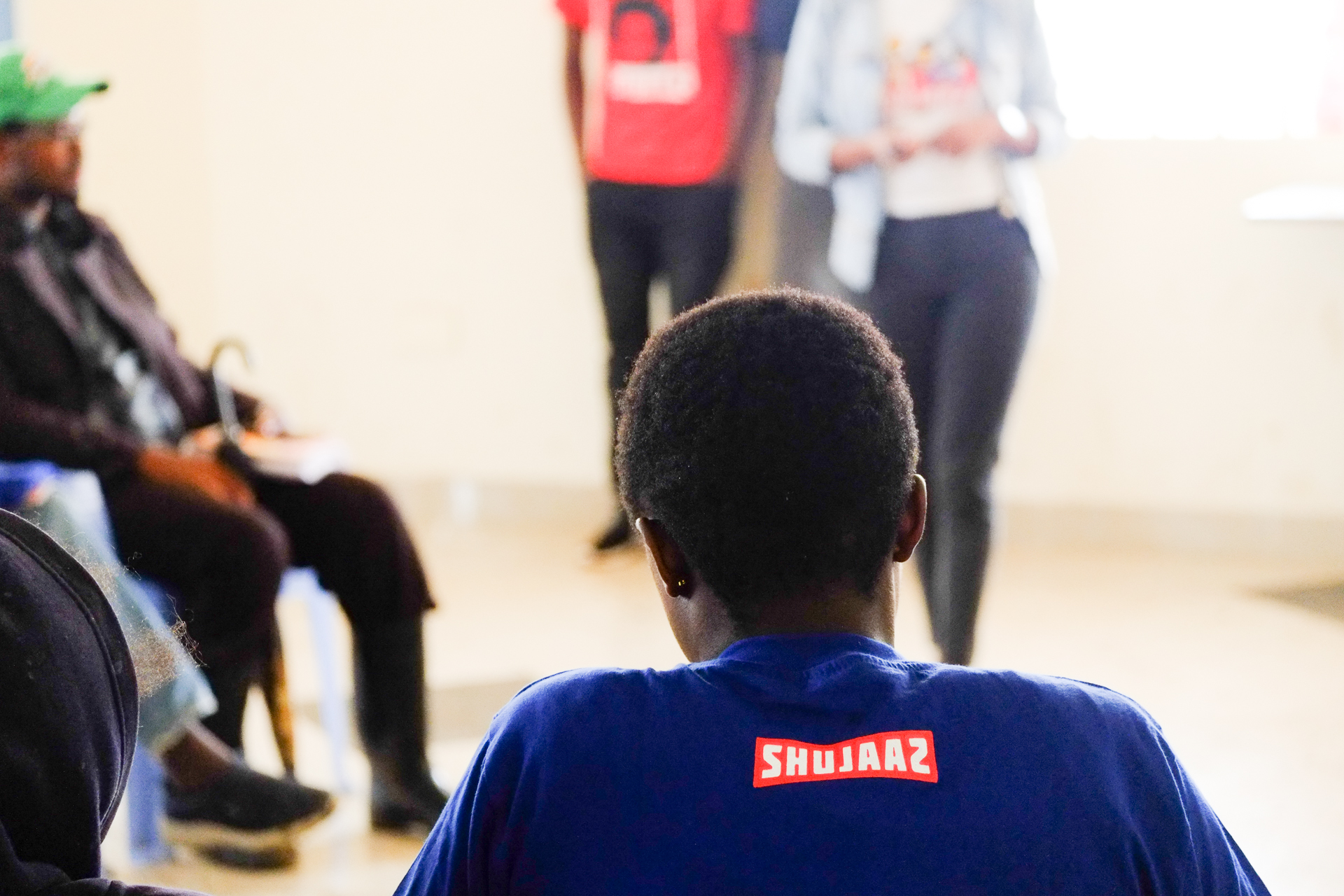

#1 THE REAL HERO OF THE STORY
In 2009, we printed our first comic books. Those first 400,000 comics told the story of DJ B, a 19-year old living in Kenya, who’d set up a pirate radio station, ‘Shujaaz.fm’ in his bedroom. When we launched, we thought DJ B was the ‘shujaaz’ of our story – he was the hero, with a mission to inspire and motivate his fans.
On day two, as DJ B’s listeners began to send in messages with their stories, their insights and their ideas– we realised we were wrong. They are the heroes of this story – not DJ B, and certainly not us.
In our line of work there are always too many experts in the room. One hundred million copies later, when we feel like we’re going off track, we remind ourselves of exactly that; we’re not the heroes of this story. Young people already hold the solutions to overcoming the barriers they face. If you want to affect real change for young people – never stop deferring to their expertise.
#2 INFLUENCERS AREN’T ALWAYS FOUND ON INSTAGRAM
We’ve built our organisation around hundreds of everyday shujaaz, heroes. But we don’t look for millions of Instagram followers, capes or iron-clad suits to spot them. We look for the kid next door; the kid who has made a few unusual choices; like selling chapatis to commuters in the evening to pay for school fees or inviting their friends ‘round to talk about sex and contraception.
In development-speak they’re known as ‘positive deviants’, we call them heroes. They’re the young people who’re finding ways to break down the internal, social or economic barriers in their lives, by swerving off the path in front of them and defying the trends for their demographics.
If you’re in the business of tackling deeply-held norms and behaviours, look for the relatable, ordinary heroes next door – and give them a platform to share their stories. That’s where real change happens. As Seth Godin put it: if there’s one idea that drives us all it’s ‘People like us (do things like this)’.
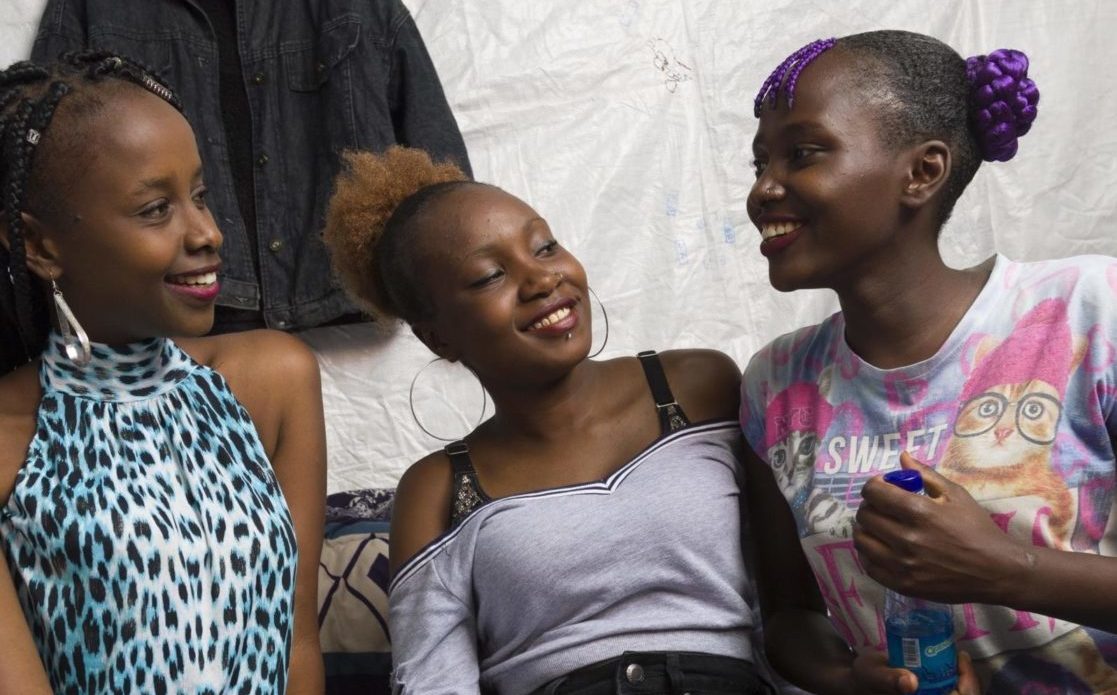
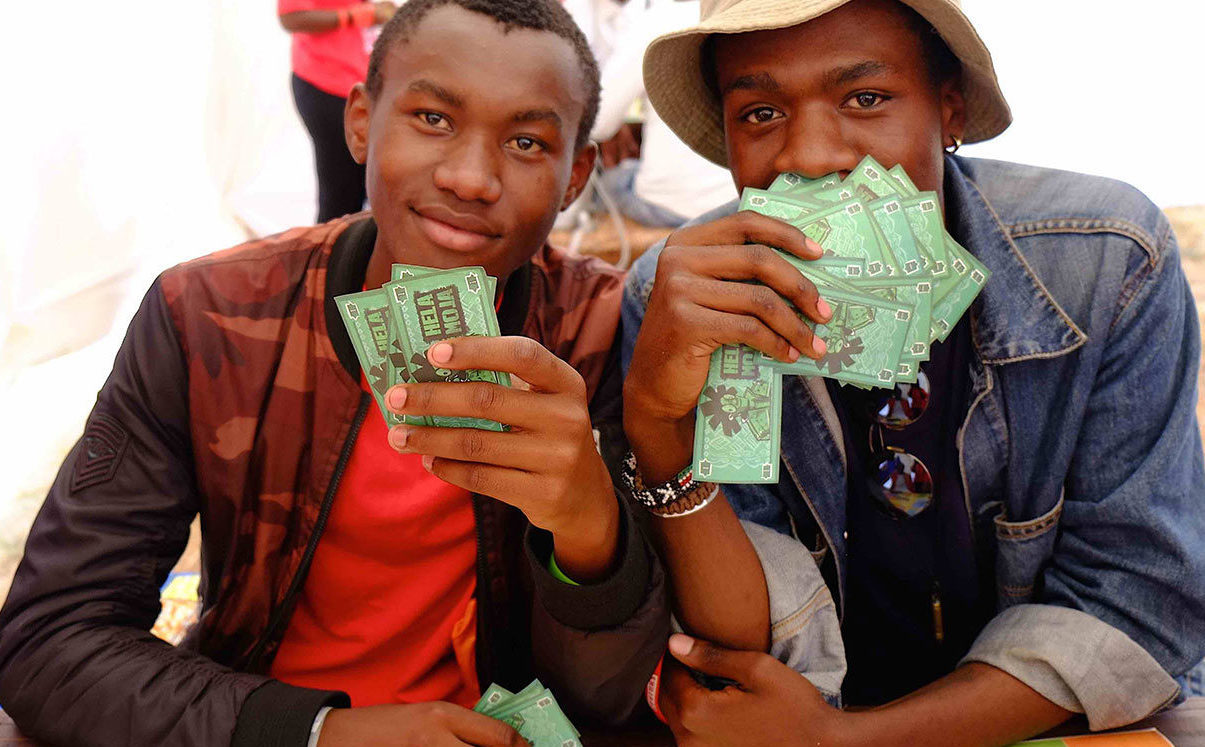
#3 REJECTION DOESN’T START AT ZERO
The mistake that lots of us make is to imagine that young people sit neutrally at 0% engaged in politics. Or passively at 0% likely to use contraception.
From there, it’s easy to imagine that, with an engaging information campaign, young people will learn about the value of contraception, or of casting their vote and overtime will become 100% adopters.
We see it differently. Literally. We use a visual tool that plots young people along something we call a ‘Rejection Scale’.
There are two things to know about the rejection scale. The first is that it starts at minus 100%, not 0%.
That’s often where the young people we work with begin; they’ve totally, abjectly, deliberately rejected the idea of politics. Pretty different to 0%, where they’d just be ambivalent about it.
Secondly, the rejection scale is built around the idea that there’s nothing neutral or passive about rejection. Young people decide not to vote, based on a potent combination of first-hand experiences. And lived, personal experiences are much more potent and persuasive than any information campaign, no matter how compelling.
Plotting the young people we meet against the rejection scale is only step one, of course. But we find it allows us to see the individual journeys they need to go on to reach adoption – which usually gives us step 2.
The rejection scale also helps us to see the immense value of incremental change. Election results might put the youth voter turn-out at down by 15%. But behind the scenes, thousands of young people who ‘just didn’t care’ about politics last year, might have inched forwards to saying that they’re ‘angry that they feel excluded’ from it – and that would be serious progress.
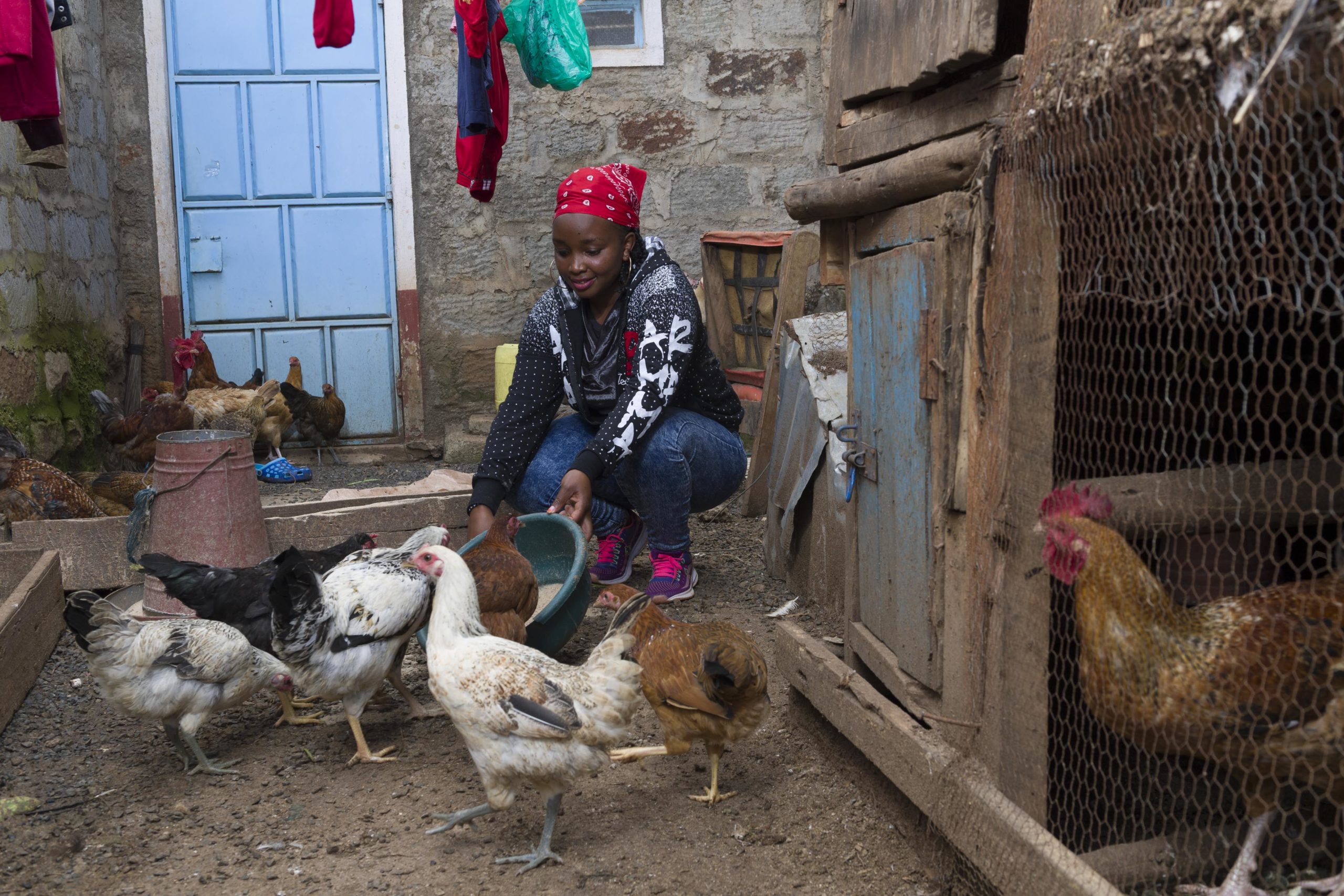
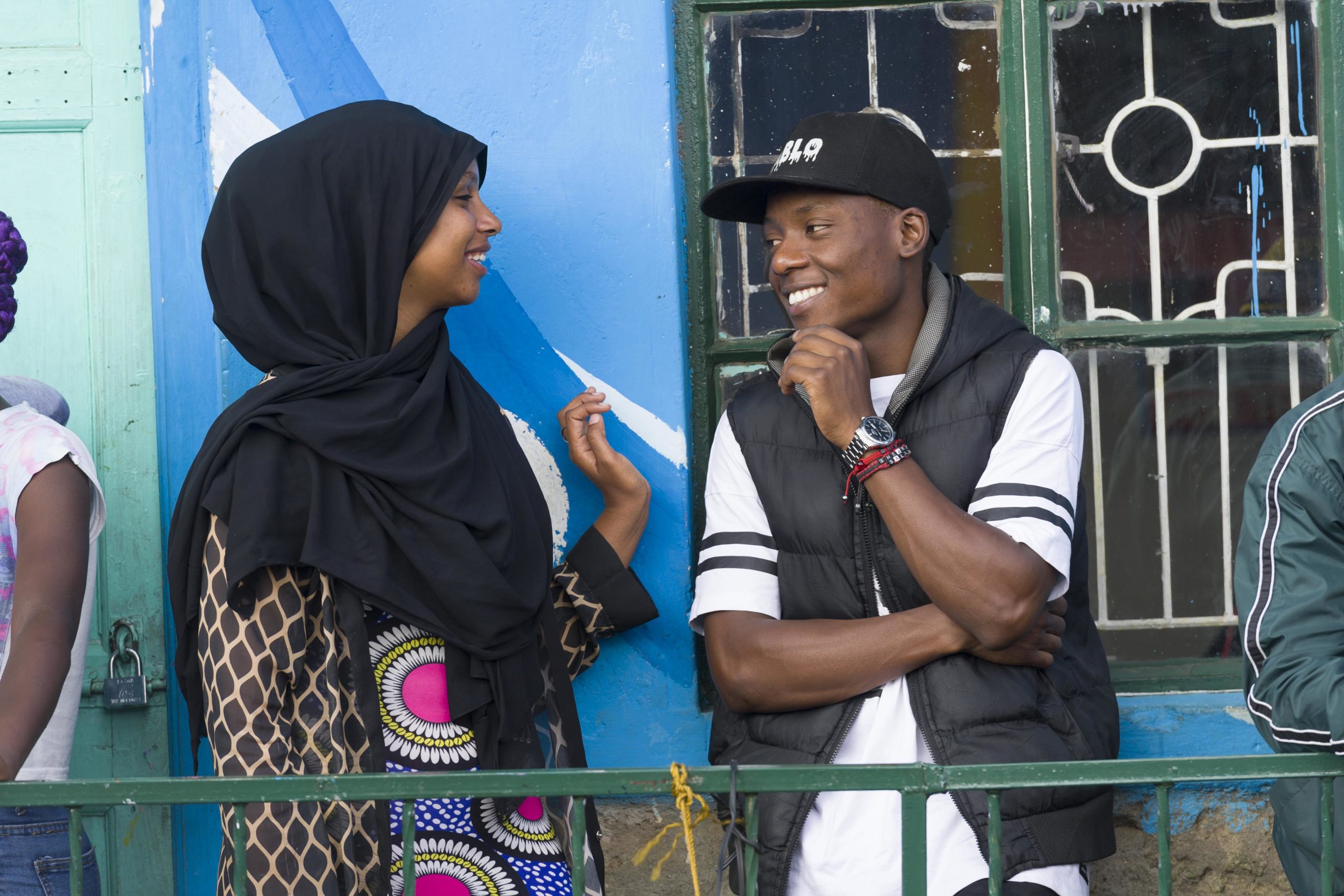
#4 I HAD SEX LAST NIGHT, BUT I’M STILL A VIRGIN
A few years ago, the results of a survey we’d run weren’t adding up.
The young people we were talking to would be chatting to us about an ex-boyfriend they were sleeping with a few months ago, and in the next breath tell us they weren’t ‘sexually active’. Girls were saying ‘of course I’m a virgin’ and then later introducing us to their baby.
So, in our next conversations, we switched up the phrasing of our questions. We realised that (as far as our fans are concerned) you’re a virgin if; you don’t have a regular sexual partner; if you have sex, but it’s unplanned (known as ‘oops-sex’); or if you’re in the middle of a serious dry spell. Essentially, unless you had sex on the day we asked – or maybe the night before, you’re a virgin. Simple when you understand it.
The takeaway? If you want to know what’s really going on for young people, remember this: very few terms have a universal meaning. Whether it’s identifying yourself as a virgin or a voter, your definition of that term is deeply individual. We all self-categorise according to our own, internal narrative – and that’s the only one that matters.
#5 NO SEX, NO MONEY, NO FUN
Teenagers are strange and unusual creatures the world over. We’ve all been one (some of our team still are), but somehow, we manage to forget the unique motivations, priorities and perspectives of the teenage mindset.
At Shujaaz Inc our young team talk to our fans 24/7, and we’ve come up with a concept that just about sums it up: SexMoneyFun. All over the world, teenagers take an interest in sex, money & fun. But in East Africa, we have found that the three are so co-dependent that young people just don’t distinguish between them. As a result, we think they deserve to be connected not just into a single concept, but into a single word, not a space in sight SexMoneyFun.
Every offer you make to young people in East Africa has to have all three; there’s no point in having a pocket full of cash from my farming hustle, if no one is ever going to have sex with me because they think farming = failure. So, in this case, our job is to rebrand farming as aspirational (dare we say it, sexy) as well as financially viable.
After the age of about 24, things change and the lines between Sex, Money and Fun are once more drawn and disaggregated – but we’d all do well to remember when that wasn’t the case.
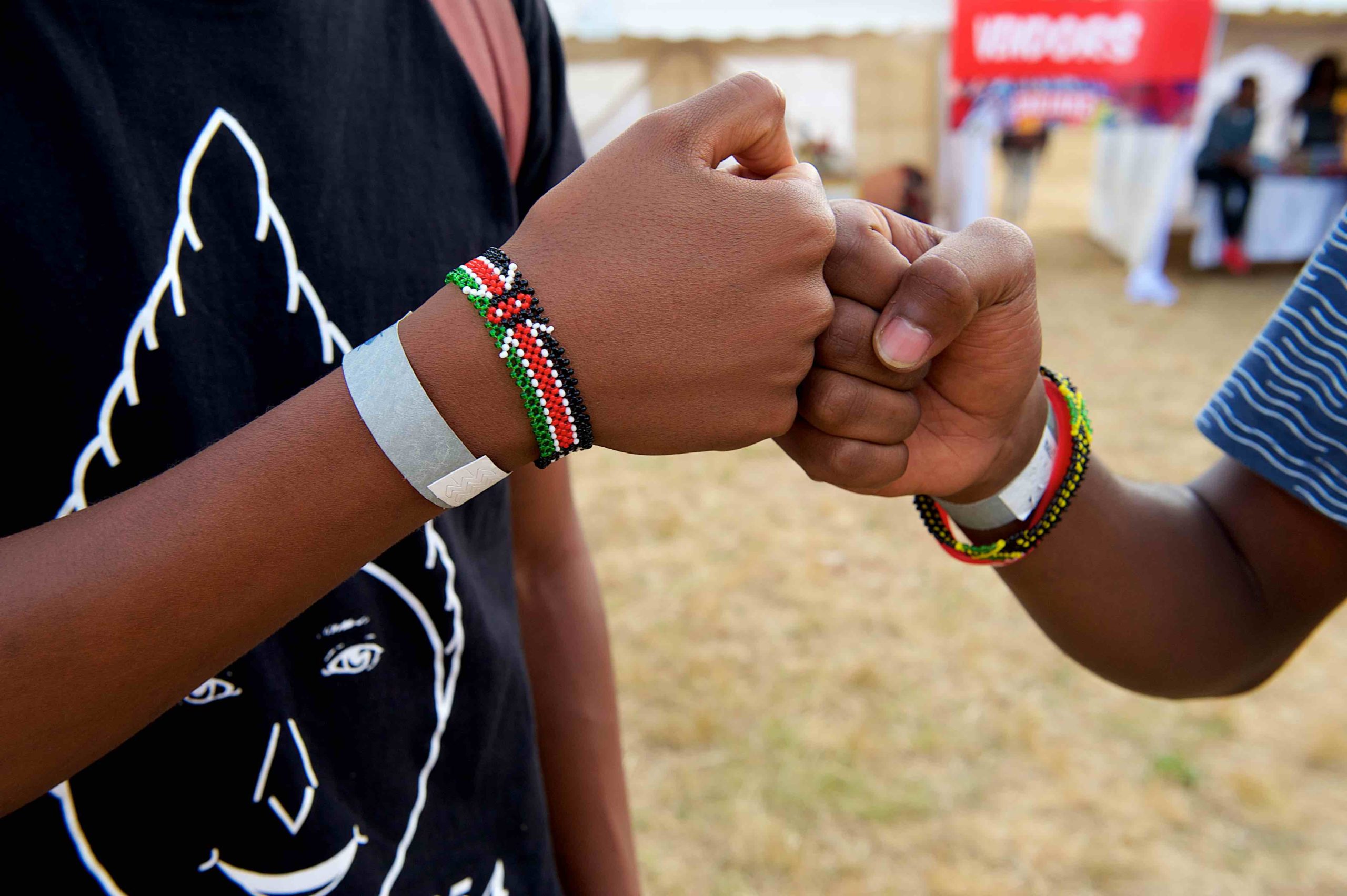
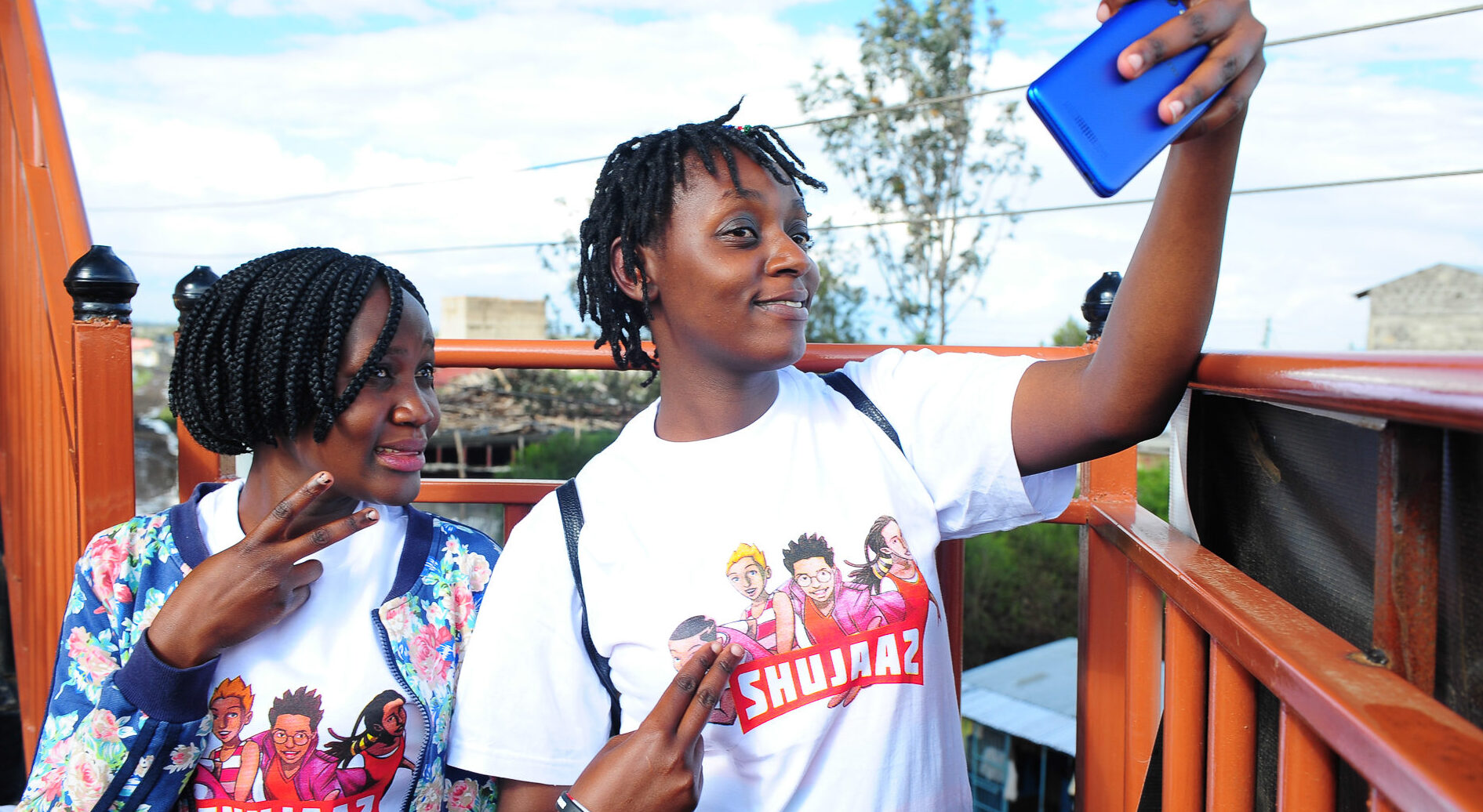
#6 NINA SIMONE GOT IT RIGHT
At the heart of the civil rights movement, Nina Simone sang the words ‘Oh I’m just a soul whose intentions are good – Oh Lord please don’t let me be misunderstood’.
Young people in East Africa are still habitually misunderstood. Not nearly enough time is given to understanding the complex internal, social and economic barriers that prevent young people from living the lives they want to lead. Or to simply recognising that their intentions are almost always good, they’re just doing what they need to do to survive.
As a result, Africa’s growing youth population is too often branded a ‘ticking time bomb’, not seen as an opportunity to transform the future for the better.
Its why even mainstream media outlets are quick to blame and shame young women for rates of teenage pregnancy, or to brand young people ‘immoral’ for trading sex or taking drugs.
Simone’s immortal lyric is the inspiration for one of our core values: Don’t Judge. A daily reminder that moralising or jumping to judgement doesn’t solve anything. And a recognition that the only thing that ever will, is nurturing the reflex to listen and to understand; to see the well-intentioned people behind the statistics.
#7 I’M NOT POOR
‘To be poor is a matter of mentality,’ 22-year old Kevin Waweru told us. ‘If you believe you are poor, then obviously you will be poor.’ He goes on: ‘I am not in the category of poor. I am not.’
There are macro-level, systemic social and economic barriers that prevent young people from leading the lives they want to lead in Kenya and Tanzania. But sometimes the biggest barriers are internal. Time and again, we’ve seen that the most significant transformations happen when young people have the tools, information and networks to overcome the disempowering internal narratives that have been holding them back.
When a young person starts a micro-business braiding hair, or growing tomatoes after school, they might be earning a bit more money. But more importantly, they can say ‘I’m a hustla’, which really means ‘I’m in control.’ Like Kevin they’re in control of the category they’re in.
And when you’re in control of who you are, that often means taking control of lots of things; like deciding when to get married, when to have a baby or whether to vote.
#8 PICK YOUR TEAM CAREFULLY
A few years ago we met a young guy who’d recently turned his back on a life of petty crime. He told us that he’d learnt there were three people in life. In Team 1: bad people who do bad things, openly. That’s the team for serious criminals. Next comes Team 2: ‘where people say good things, and seem to be doing good things, but in fact they’re just trying to use you.’
Then there’s Team 3: where ‘tunajengana [we build each other]. The only team where things get better.’
How many well-intentioned projects slip into Team 2? Start with good intentions, saying good things, but somewhere along the line, as impact targets get drawn up, we start to chase the numbers whether or not they’re really making a difference?
Young people can too easily become metrics, ‘beneficiaries’, not individuals with their own priorities, their own solutions and ideas to work with, and alongside. When we met this guy, it took us all aback for a moment, helped us to course-correct again. It’s now a question we ask of each other and our partners all the time: ‘Are we Team 3’? Is this truly tunajengana?
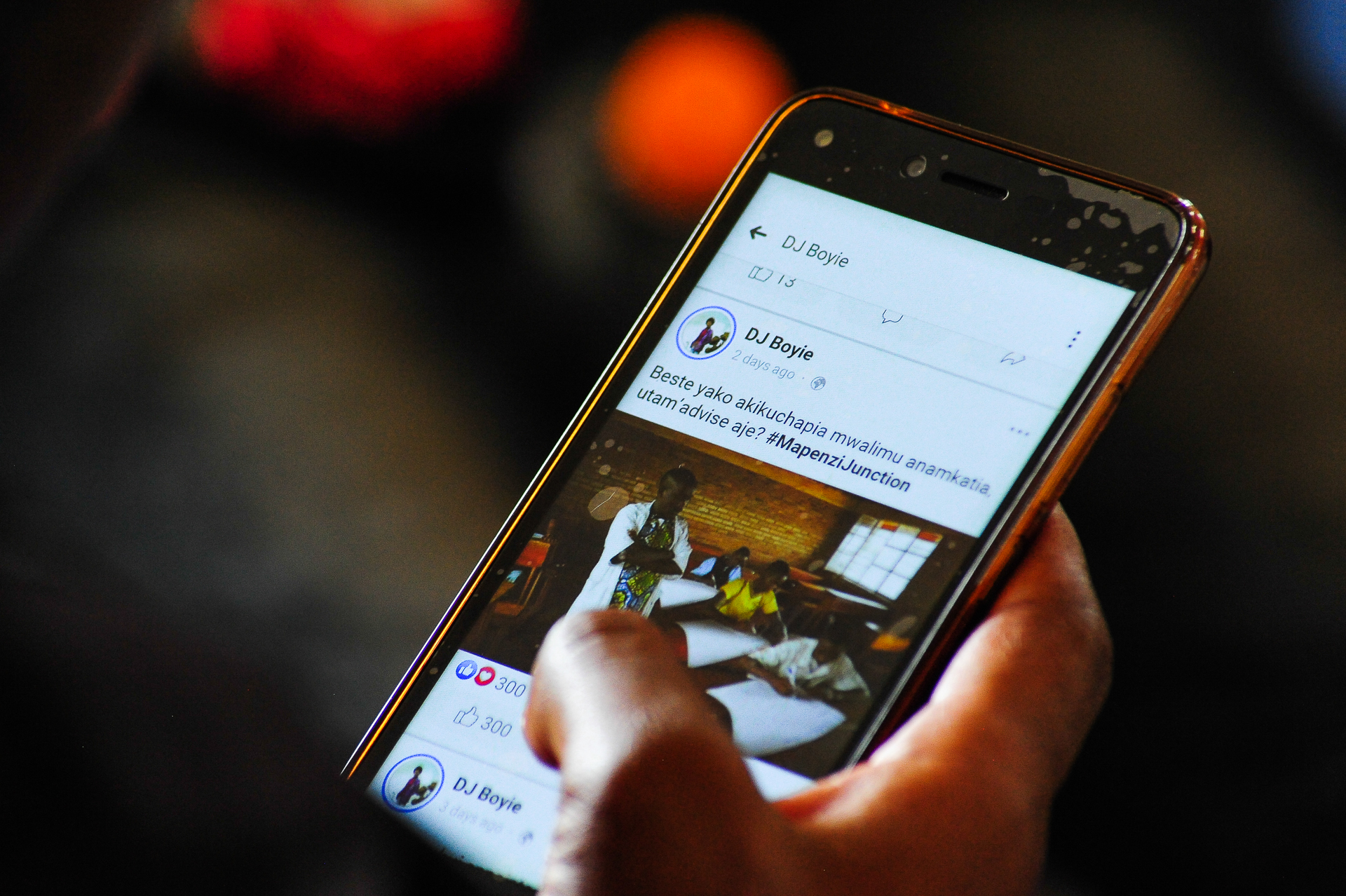

#9 OPTIMISM CAN BE CRUEL
We met Vincent last year in Embu, in central Kenya. Like lots of our fans, Vincent runs a hustle, a small business, growing and selling bananas.
But Vincent also has a degree in Biochemistry – he was the first in his family to go to University, after his parents and grandparents worked hard to fund his studies. They are incredibly proud of his degree. When we asked what led him to found his hustle, Vincent said ‘I had to swallow my pride.’
Today, less than 10% of the 2 million+ young East Africans entering the employment market each year will ever find a formal job. But countless young graduates – and their families – still cling to the 20th century promise that a university degree is a passport to prosperity, a white-collar job and financial security.
Unlike Vincent, they’re left paralysed by what academic Lauren Berlant calls ‘cruel optimism’ – and an inability to let go of their dreams, and turn to plan B.
That ‘cruel optimism’ comes with high-stakes risks. We’ve seen that feeling of disappointment, of being sold a ‘broken promise’, can quickly turn into isolation and anger. Where Al Shabaab or Mungiki might just be waiting to catch them.
In this case though, Vincent signed up for the Hustla-MBA, where he heard the story of a university graduate like himself, who’d set up a successful campus snacks business. Suddenly, Vincent could see a Plan B that didn’t feel like failure.
Sometimes realistic, grounded stories, from the right role-model is all it takes to establish a new norm. Vincent needed to hear another story in order to re-write his own. He’s a clear-eyed optimist now, with good reason.
#10 THERE’S NOT ALWAYS AN APP FOR THAT
We all get a little dizzy with optimism sometimes. We imagine that if every young person in Africa had a smartphone, they’d be surfing the web for e-learning apps or sexual-health messaging forums. The globe’s intractable challenges overcome in one-fell-swipe of a Samsung.
The reality isn’t quite like that. In fact, we’ve seen that, unless someone was already walking to their local library every day, chances are they aren’t searching for the Encyclopaedia the second they get a smartphone.
Our fans don’t describe their separate ‘digital life’ when they talk about their phones, they just describe their lives. ‘My whole life is on my phone’ they say; that means your dating life, social life, self-image and maybe your business. Having a smartphone doesn’t change your life or your behaviour, it just extends it onto a new platform.
Of course, smartphones are already expanding the potential of social ventures like ours. But to harness that potential, we need to keep one foot on the ground.
Fundamentally, whether someone has a smartphone in their hand or not, they’re the same nuanced individual, who needs to be inspired, entertained and understood to be really engaged. And with phone memory in short-supply, and the cost of data still too high, a new app has to add serious value to oust a WhatsApp or SportsPesa.
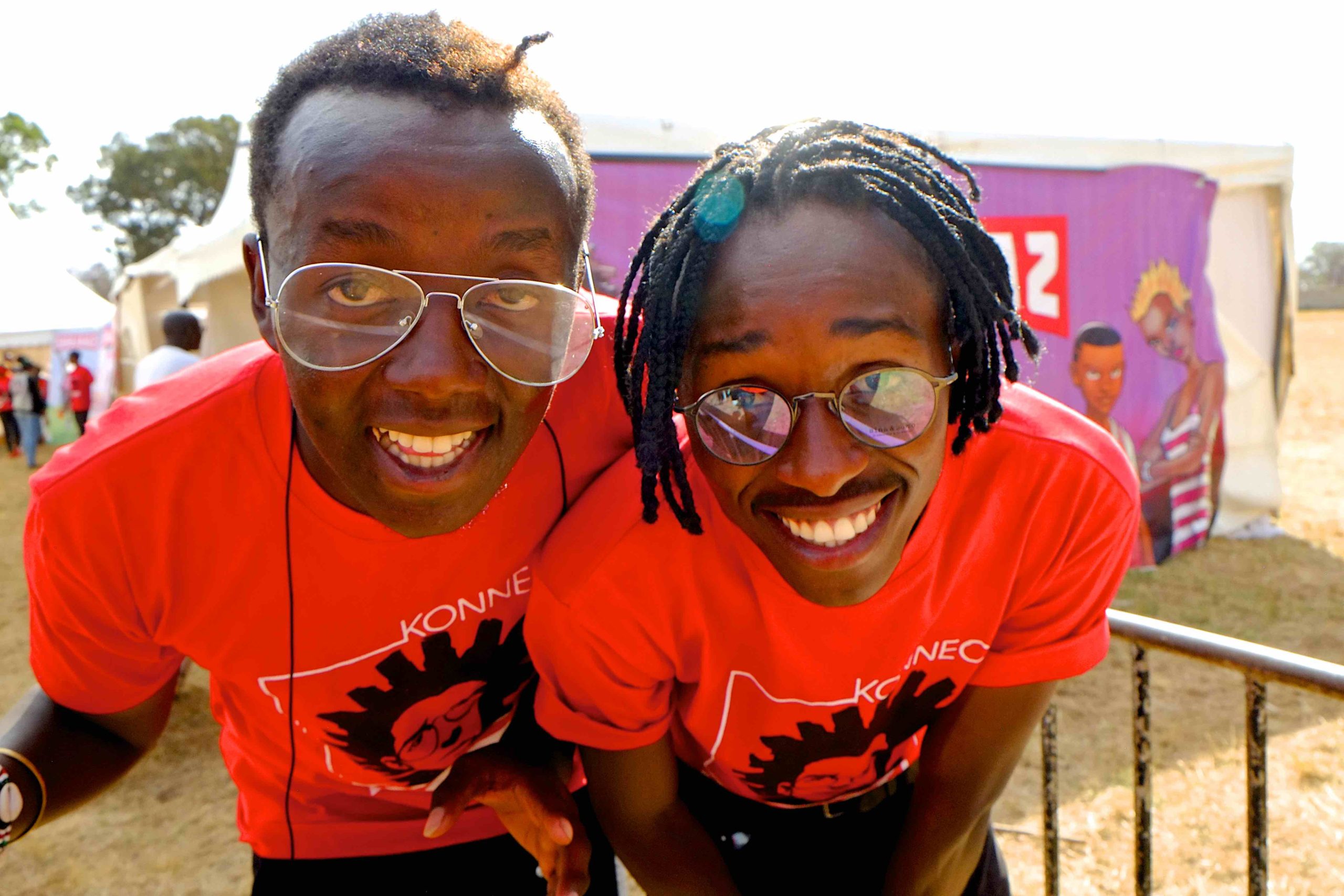
#11 WAKING UP TO SOCIAL CAPITAL
A bonus insight for committed readers. This extra #11 is new for us – we’re still working through what it means for Shujaaz Inc – but we’ve got a feeling it’ll be important, so we wanted to share it anyway…
A few months ago, we were talking to a young woman running a barber shop. We asked her what success meant to her. She said: ‘being able to train an apprentice’. Sounds normal enough. But encased in that sentence is something quietly revolutionary.
The young people we talk to want enough money to cover their expenses, probably to get a smartphone and buy data, maybe some Nike trainers to impress their date. But the big goal they identify isn’t the material, or financial.
Success is associated with the ability to give not just your time, but your hard-earned capital and give it back to the community, by increasing social good; by taking care of siblings or parents, or by mentoring an apprentice from their neighbourhood. It turns out that success for lots of our fans isn’t individualistic, it’s collective. It’s not just about making money, it’s about making enough money to start helping your crew out. Social capital matters.
If you’re working with young people in East Africa, leave your ideologies at the door. Question even your most primary capitalist assumptions – like ‘we all work for individual gain’ – otherwise you might miss the quiet revolution going on in front of you.
